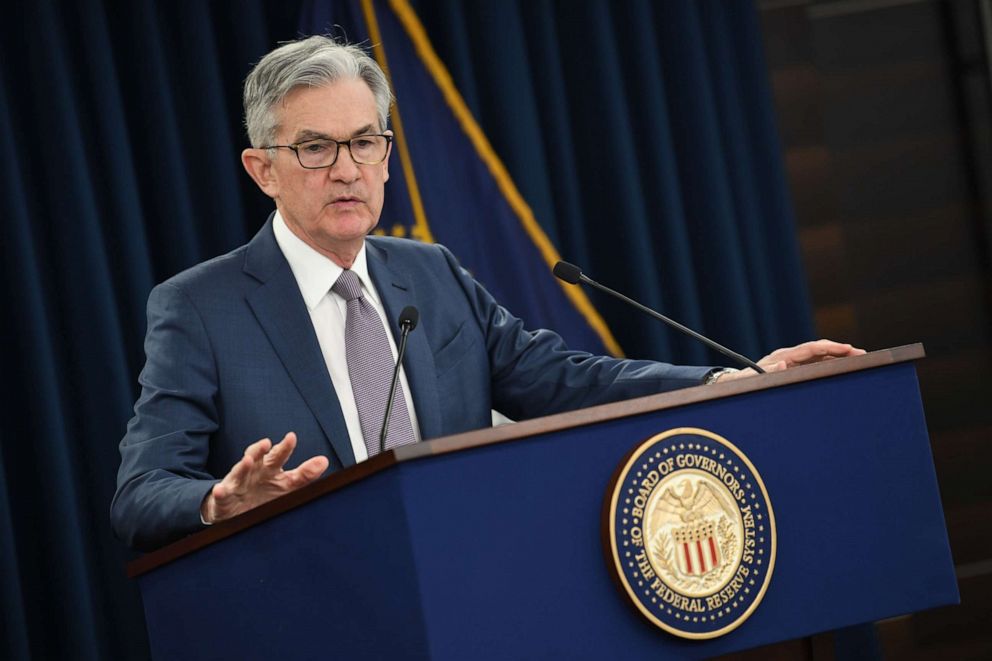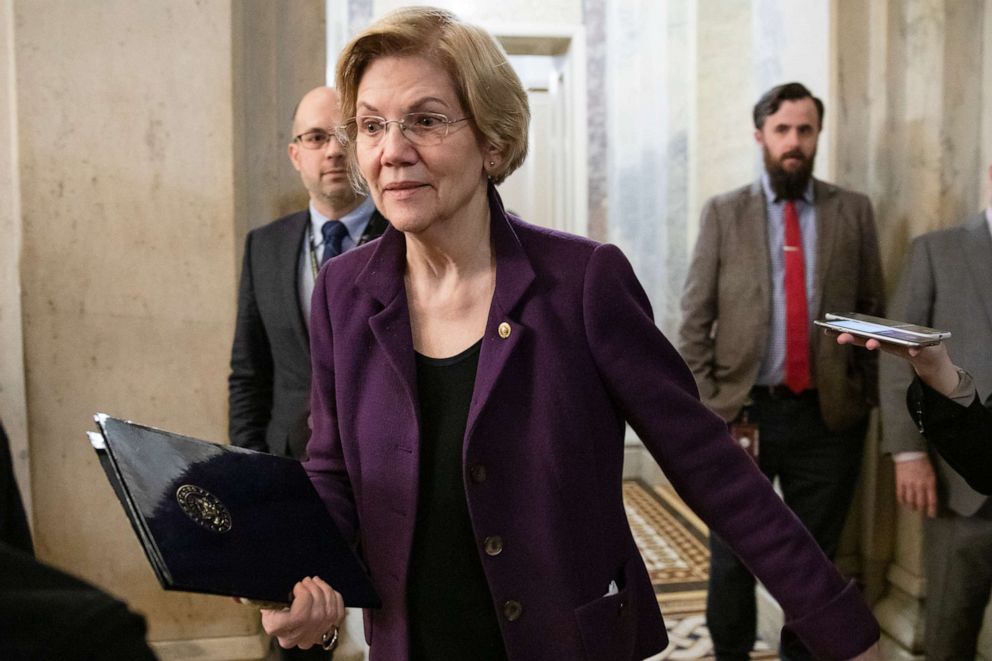The Main Street Lending Program was recently revised, but some say it still misses the mark

“I am confident the changes we are making will improve the ability of the Main Street Lending Program to support employment during this difficult period,” Federal Reserve Chair Jerome Powell said in a statement.
Whether these revisions will make the loans more attractive to businesses remains to be seen, but SEC filings show several well-known companies like SeaWorld and the the fashion designer and manufacturer Fossil expressed interest in the federal loans as recently as last month.
“We have significant interest, we think,” Powell said of the program last week.MORE: Fed unveils details of $600B Main Street lending program for businesses hurt by pandemic
But other businesses, like the mattress retailer Purple Innovation, have balked at the conditions attached to the funds. In an SEC filing, the company claimed the program’s “restrictions on how funds received are used … would limit our ability to operate our business.”
As it stands, the program only requires companies that borrow money to make “commercially reasonable efforts” to retain employees. While the Fed has announced it will disclose who borrows, and the terms of the loans do include restrictions on executive pay, company dividends, and stock buybacks, Democratic Sen. Elizabeth Warren has still equated the Main Street Lending Program to a “half-a-trillion-dollar slush fund” aimed at boosting Wall Street elites.
Powell has repeatedly said the Fed will continue to tweak the Main Street Lending Program as needed, but some Democratic lawmakers argue the program is fundamentally flawed in that it uses tax dollars allocated through the Coronavirus Aid, Relief & Economic Security (CARES) Act to fund loans for large businesses without attaching conditions aimed at benefiting employees.

“This money should be used to support workers, and the Fed should require companies receiving bailout money to certify that they will use those funds for that purpose,” Warren told ABC News in a statement.
“The Fed is making it easier for more companies to access taxpayer funds, and is not doing enough to hold them accountable. This is another giveaway to corporations and CEOs to use this money to enrich themselves,” Warren said.Editor’s PicksPublic schools at risk over states’ projected budget deficits due to coronavirusFed unveils details of $600B Main Street lending program for businesses hurt by pandemicGoing up: How do you stay safe from COVID-19 in an elevator?
California Democratic Rep. Katie Porter, who was a student of Warren’s at Harvard Law School and now sits on the House Financial Services Committee, echoed the senator’s concerns about oversight.
“If the business takes the money and invests it in something that does not actually help retain jobs, then fundamentally we’re just giving low interest rate loans or free money to companies that that don’t need it and aren’t using it to benefit all of us, even though all of us are footing the bill as taxpayers,” Porter told ABC News in a phone interview.
But she also pointed to another potential problem — timing. After encountering a number of launch delays, Porter says, it may simply be too late for the program to make a difference.MORE: Going up: How do you stay safe from COVID-19 in an elevator?
“The window to really intervene was in late March, to try to keep us out of that recession, to try to prevent a level of massive labor market disruption, massive unemployment that we see,” Porter said.
Now that The National Bureau of Economic Research has announced that the U.S. is officially in a recession, it’s all the more critical that the loans are doled out to businesses that will lift the broader economy, Porter added.
“The question needs to be, is this money to this company going to help address and reduce the recession, and the unemployment rate? And if the answer’s no, then, that’s not necessarily a loan that we ought to be making,” she said.



